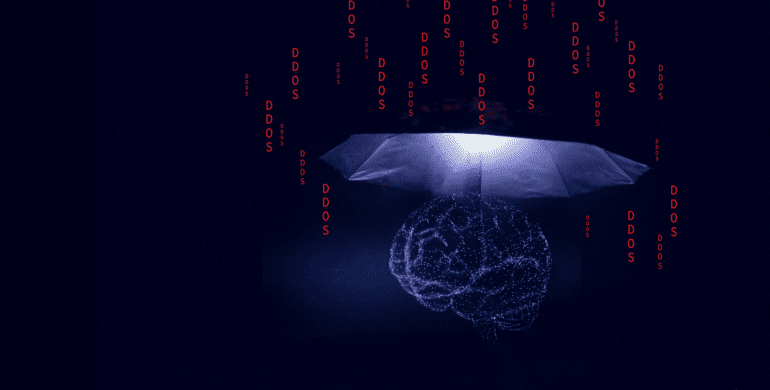TL;DR:
- OpenAI faces a relentless DDoS attack on its API and ChatGPT services.
- Specific details about the source of the attacks remain undisclosed.
- Users experience disruptions, including error messages, while accessing ChatGPT.
- A recent series of outages compounds the organization’s woes.
- Anonymous Sudan claims responsibility for the DDoS attacks.
- The attackers employ the SkyNet botnet and Layer 7 DDoS attacks.
- Expert insights suggest potential AI-generated content involvement.
- Attribution to Anonymous Sudan raises suspicions of a false flag operation.
- The situation highlights the ongoing challenges posed by DDoS attacks.
Main AI News:
OpenAI, a pioneering force in the realm of artificial intelligence, finds itself in the midst of a relentless onslaught of distributed denial-of-service (DDoS) attacks directed at its API and ChatGPT services. In the past 24 hours, the organization has been combatting these disruptive assaults, though the origins of the attacks remain shrouded in mystery. OpenAI has acknowledged the turmoil, citing “periodic outages due to an abnormal traffic pattern reflective of a DDoS attack.”
The ramifications of these incidents have reverberated across OpenAI’s user base, as individuals have reported encountering vexing errors such as “something seems to have gone wrong” and “There was an error generating a response” while attempting to access ChatGPT. This recent wave of attacks compounds an already tumultuous week for OpenAI, marked by a significant outage impacting ChatGPT and its API on Wednesday, coupled with intermittent ChatGPT outages on Tuesday and heightened error rates in Dall-E on Monday.
In response to these disruptions, OpenAI has displayed a prominent banner across the ChatGPT interface, attributing the challenges to “exceptionally high demand” and pledging to redouble their efforts in expanding their system’s capacity.
Attribution for these DDoS attacks has been claimed by the threat actor group known as Anonymous Sudan. According to their statements, these attacks serve as a form of protest against OpenAI’s perceived bias in favor of Israel and against Palestine. The attackers employed the SkyNet botnet, which has recently incorporated support for application layer attacks or Layer 7 (L7) DDoS attacks. In Layer 7 attacks, threat actors inundate services at the application level with an overwhelming volume of requests, straining the targets’ server and network resources.
Brad Freeman, Director of Technology at SenseOn, offered insights into the situation, remarking, “Distributed denial of service attacks are internet vandalism. Low effort, complexity and, in most cases, more of a nuisance than a long-term threat to a business. Often, DDOS attacks target services with high volumes of traffic, which can be ‘off-ramped’ by their cloud or Internet service provider. However, as the attacks are on Layer 7, they will be targeting the application itself; therefore, OpenAI will need to make some changes to mitigate the attack. It’s likely the threat actor is sending complex queries to OpenAI to overload it. I wonder if they are using AI-generated content to attack AI content generation.”
Nonetheless, the attribution of these attacks to Anonymous Sudan has raised suspicions within the cybersecurity community. Some experts posit the possibility of a false flag operation and suggest that the group may have affiliations with Russia, which, along with Iran, is suspected of exploiting global turmoil to advance its own domestic interests. This situation underscores the persistent challenges organizations face when grappling with DDoS attacks and the intricate task of accurately identifying the culprits.
Conclusion:
OpenAI’s battle against DDoS attacks underscores the vulnerability of AI-driven services to disruptive cyber threats. The attribution controversy surrounding Anonymous Sudan’s involvement adds an intriguing layer of complexity to the situation, highlighting the need for organizations to remain vigilant and adaptable in the face of evolving cybersecurity threats. This incident serves as a reminder that even in the world of cutting-edge technology, security remains paramount for businesses operating in the digital landscape.

